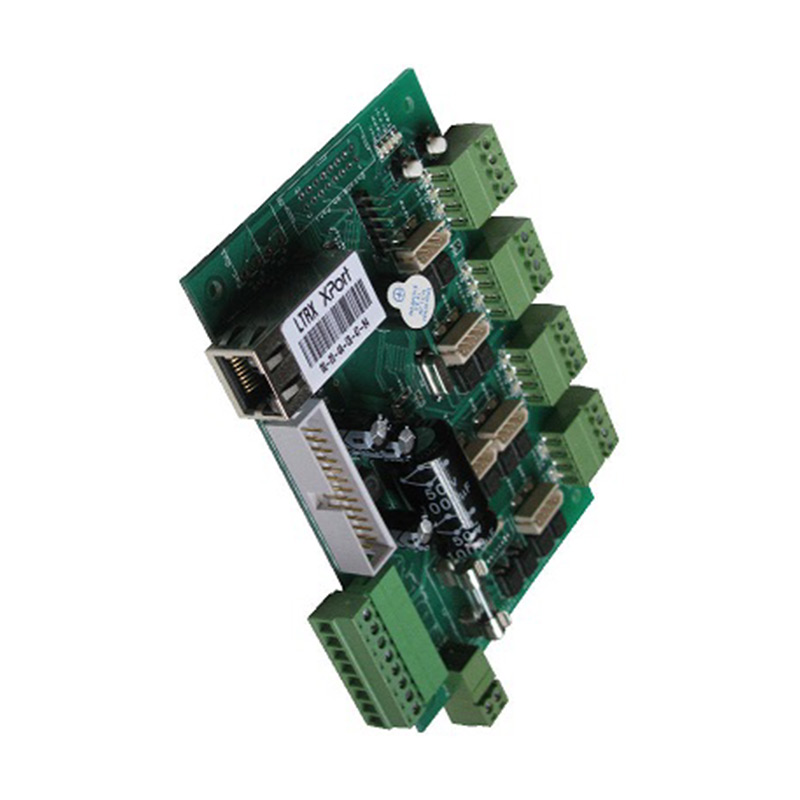

The Versatility of 3mm Float Glass A Comprehensive Overview
Float glass, known for its remarkable clarity and flat surface, has been a staple in the construction and manufacturing industries for decades. Among various specifications, 3mm float glass is particularly noted for its versatility, making it an ideal choice for a wide range of applications, from architecture to automotive manufacturing.
Understanding Float Glass
Float glass is produced through a unique process that involves floating molten glass on molten tin. This method results in a smooth, uniform surface that is free of distortion, setting it apart from other glass types. The thickness of float glass can range significantly, but 3mm is often favored for its balanced durability and lightness. This thickness strikes a perfect compromise, providing enough strength for various applications while remaining lightweight enough to handle easily.
Applications of 3mm Float Glass
1. Architectural Use One of the most common applications of 3mm float glass is in the construction of buildings. It is frequently used for windows, glass doors, and facades, allowing natural light to enhance interior spaces. The clarity and flatness of float glass lend a modern aesthetic to buildings, while its insulating properties can contribute to energy efficiency.
2. Interior Design In interior design, 3mm float glass is used extensively for mirrors and partitions. The reflective qualities of the glass can create a sense of spaciousness, making it an essential component in smaller rooms. Additionally, glass shelving and furniture elements like coffee tables and display cases are often crafted with 3mm glass to offer a contemporary look.

3. Automotive Industry In the automotive sector, 3mm float glass is employed in various components, including vehicle windows and mirrors. Its lightweight nature contributes to overall vehicle efficiency, and the durability of the glass ensures that it can withstand the rigors of daily use.
4. Consumer Products Numerous consumer products, such as picture frames, shower doors, and glass cookware, utilize 3mm float glass. It is often chosen for its ease of cleaning and maintenance, as well as its ability to showcase products beautifully without distortion.
Benefits of 3mm Float Glass
The benefits of opting for 3mm float glass are manifold. Its low cost, compared to thicker glass varieties, makes it accessible for large-scale projects without compromising on quality. Furthermore, the glass can be easily cut and shaped, allowing for customization in various applications.
Additionally, 3mm float glass can be treated or coated for enhanced properties. For instance, it can be tempered to increase strength, or coated with low-E materials to improve energy efficiency. This adaptability makes it suitable for both residential and commercial projects, catering to diverse needs.
Conclusion
In summary, 3mm float glass is a remarkable material that combines functionality with aesthetic appeal. Its applications span a myriad of industries, showcasing its adaptability and efficiency. As technology advances, the potential uses and enhancements of float glass will only continue to grow, cementing its place as a crucial element in contemporary manufacturing and design. Whether in architecture, automotive, or everyday household items, 3mm float glass stands out as an essential component contributing to modern living.